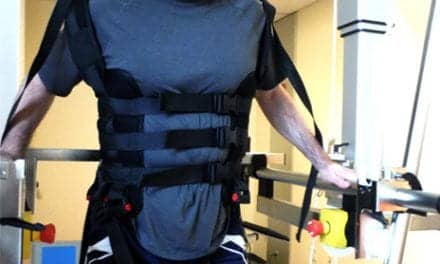.png)
Researchers report that study participants were asked to complete two symptom checklists within 3 months of injury. The study indicates that severity of bodily injuries was quantified with a modified version of the Injury Severity Score, which excluded intracranial injuries (ISSmod). Researchers say they classified participants into four ISSmod groups. The groups were reportedly comprised of 17 participants in the minor group, 48 participants in the moderate group, 40 in the serious group, and 32 participants in severe/critical group. Researchers add that the study’s main outcome was measured by Neurobehavioral Symptom Inventory (NBSI) and the Posttraumatic Stress Disorder Checklist-Civilian version (PCLC).
The results indicated a significant, negative link between ISSmod scores and the NBSI and PCLC scores. The main effects encompassed all four groups for the NBSI and PCLC total scores. The study suggests that the highest NBSI and PCLC scores were consistently displayed in the minor group, followed by the moderate, serious, and severe/critical groups.
Researchers conclude that the study bucks the conventional belief that greater comorbid physical injuries are linked to greater symptom burden. The results suggest as severity of bodily injuries increased, symptom burden decreased. The researchers hypothesize that the results could reflect underreporting of symptoms, increased peer support, disruption of fear conditioning in relation to acute morphine use, or delayed expression of symptoms.
Source: Journal of Head Trauma Rehabilitation




